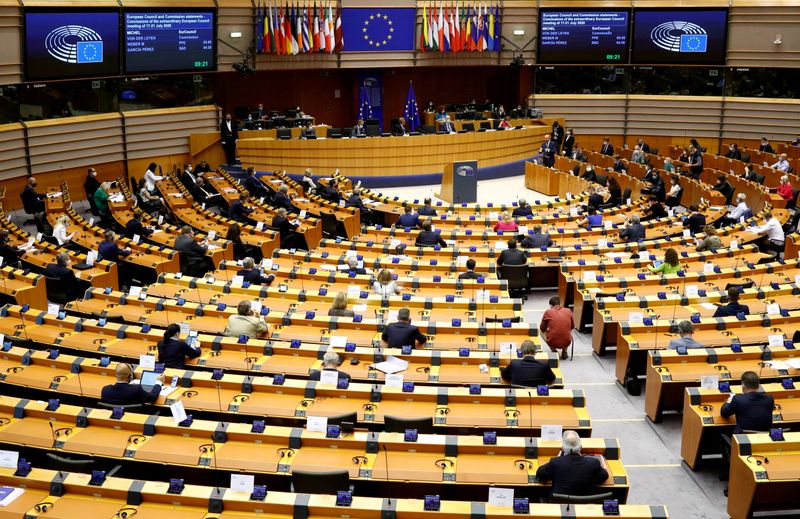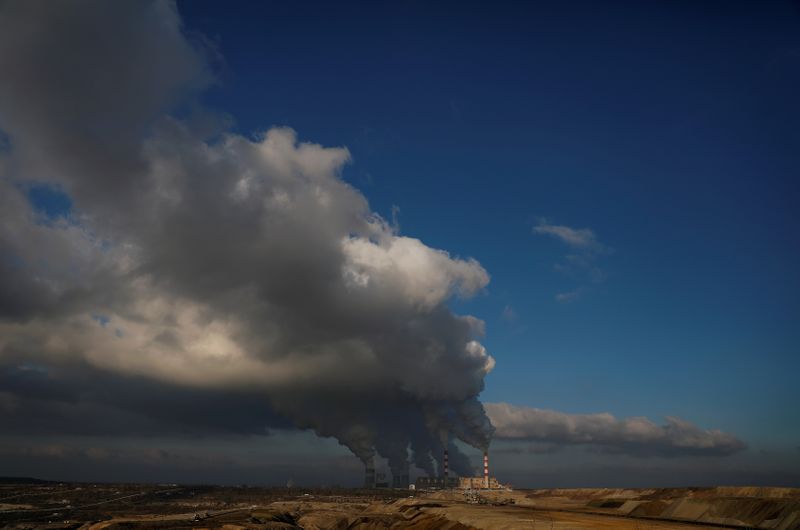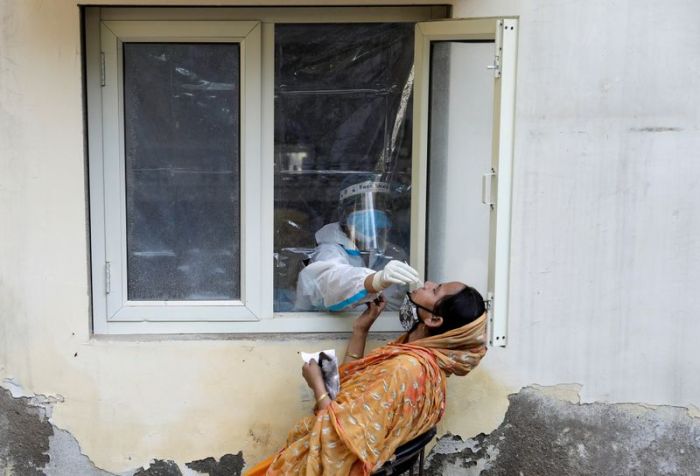BRUSSELS (Reuters) – The European Parliament has voted in favour of a legally binding target for the European Union to cut its greenhouse gas emissions by 60% by 2030, against 1990 levels, according to vote results released on Wednesday.
The goal is more ambitious than the net emissions cut of “at least 55%” by 2030 proposed by the European Commission, which wants to finalise the target by the end of the year.
To do that, Parliament will need to agree the target with EU member countries, who are split over how ambitious it should be. The EU’s current 2030 goal is a 40% emissions cut.
Denmark and Finland on Wednesday said they were in favour of deeper emissions cuts, but Danish climate minister Dan Jorgensen acknowledged it would be difficult to gather enough support for even the 55% target.
Parliament will rubber-stamp its position with another vote on Wednesday.
Jytte Guteland, lead lawmaker on the issue, said Parliament had taken “a big step closer” to fulfilling the goals of the Paris climate accord.
Experts say a 55% cut by 2030 is the minimum needed to steer the EU towards becoming climate neutral by 2050, putting EU emissions on a path that, if adopted globally, would cap global warming at safe levels.
A 60% target is unlikely to secure support from EU countries. Backing a more ambitious aim could make it harder for countries to water down the target in the ensuing negotiations.
“We have decided on really ambitious instruments, and we will not easily give that away,” said Green lawmaker Michael Bloss.
Roughly half of the EU’s 27 member countries have said they support an emissions cut of “at least 55%” by 2030. Even this target will have huge implications for all sectors, with higher carbon costs for many businesses and a sharp drop in coal use.
The Czech Republic has said it opposes the 55% goal, and coal-heavy Poland wants to see more detailed economic analysis before approving any new target.
That resistance could matter, since heads of government are expected to decide the member states’ negotiating position at a summit in either October or December, in a process which requires unanimous support from the 27 countries.
(Reporting by Kate Abnett, additional reporting by Tim Barsoe; editing by Marine Strauss, Robert Birsel, Larry King)

























